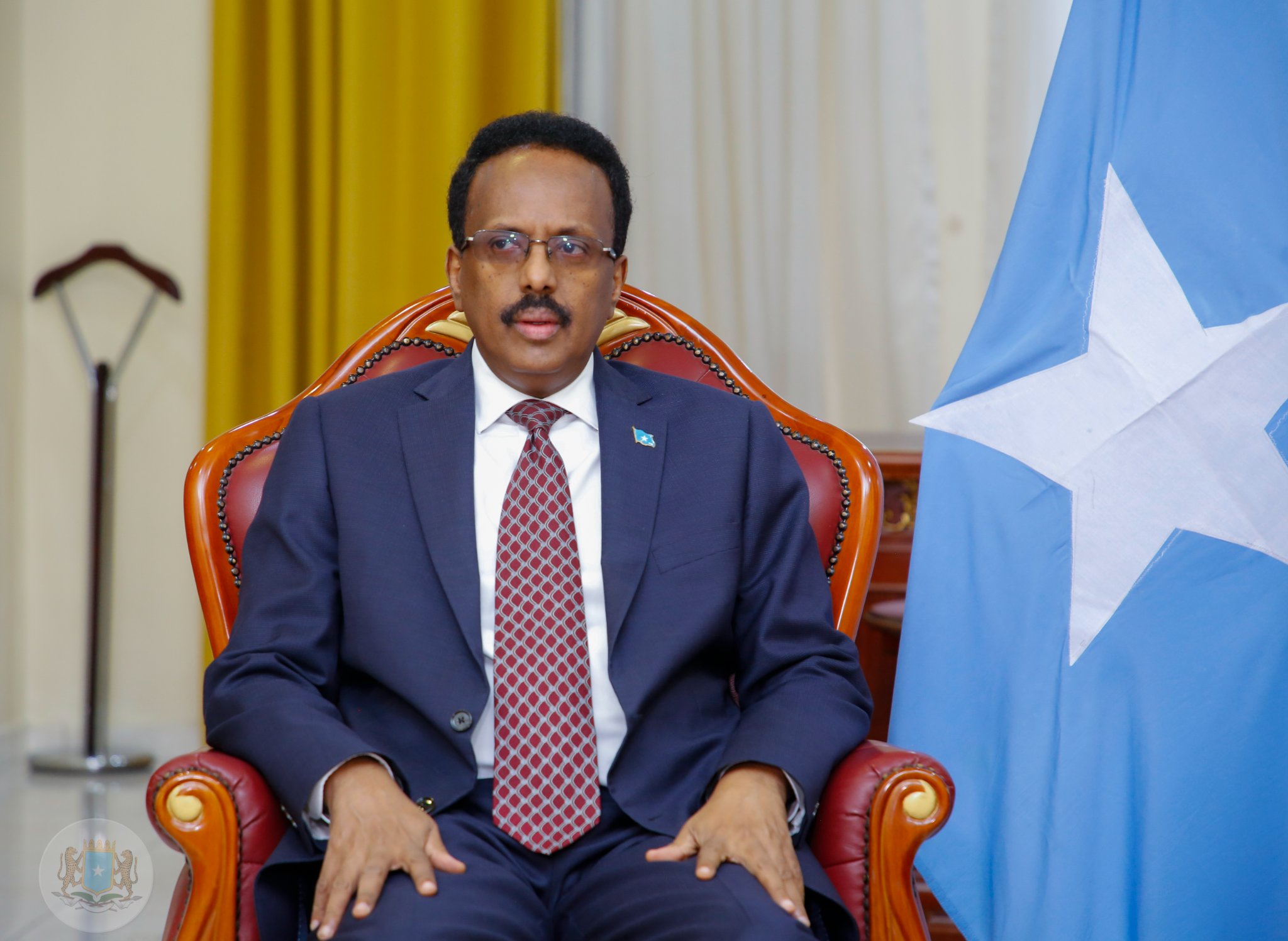Harare — The Ghanaian government and the International Monetary Fund agreed at the staff level to the first review of a U.S.$3 billion loan program, clearing the way for a transfer of U.S.$600 million once it has received the IMF executive board’s approval.
“IMF staff and the Ghanaian authorities have reached staff-level agreement on economic policies and reforms to conclude the first review of the 36-month ECF-supported program. Performance with respect to the program’s targets and reform objectives has been very strong,” IMF said in a statement.
The second installment of Ghana’s loan will be paid if the IMF board gives its final approval, bringing the total amount disbursed since May to U.S.$1.2 billion, according to the IMF.
“Ghana will have access to about U.S.$600 million in financing once the review is approved by IMF Management and formally completed by the IMF Executive Board. To ensure timely completion of the review, the country needs official creditors to quickly reach agreement on a debt treatment in line with the financing assurances they provided in May 2023,” IMF said.
In order to recover from its worst economic crisis in decades, Ghana signed an agreement with the IMF in December intended to strengthen its public finances and better manage debt.
“Faced with an acute economic and financial crisis, the authorities have adjusted macroeconomic policies, successfully completed their domestic debt restructuring operation, and launched wide-ranging reforms. These actions are already generating positive results, as growth in 2023 has proven more resilient than initially envisaged, inflation has declined, the fiscal and external positions have improved, and the exchange rate has stabilized,” said Stéphane Roudet, IMF Mission Chief for Ghana.
The clinching of the U.S.$3 billion Extended Credit Facility with the IMF will help bring Ghana back on the path of growth, macroeconomic stability and debt sustainability, Finance Minister Ken Ofori-Atta said. The IMF’s bailout has been subject to the Ghanaian government getting its public debt down to more manageable levels and also needed the buy-in from bond holders. In December 2022, the Ghanaian government formally launched the country’s domestic exchange programme as part of measures to restructure and bring the country’s debt portfolio to sustainable levels, with a call on citizens to support the rollout.
A top cocoa and gold producer, Ghana also has oil and gas reserves, but its debt soared in 2022, and like the rest of sub-Saharan Africa it has been hit by the fallout from the Covid-19 pandemic and the war between Russia and the Ukraine.










